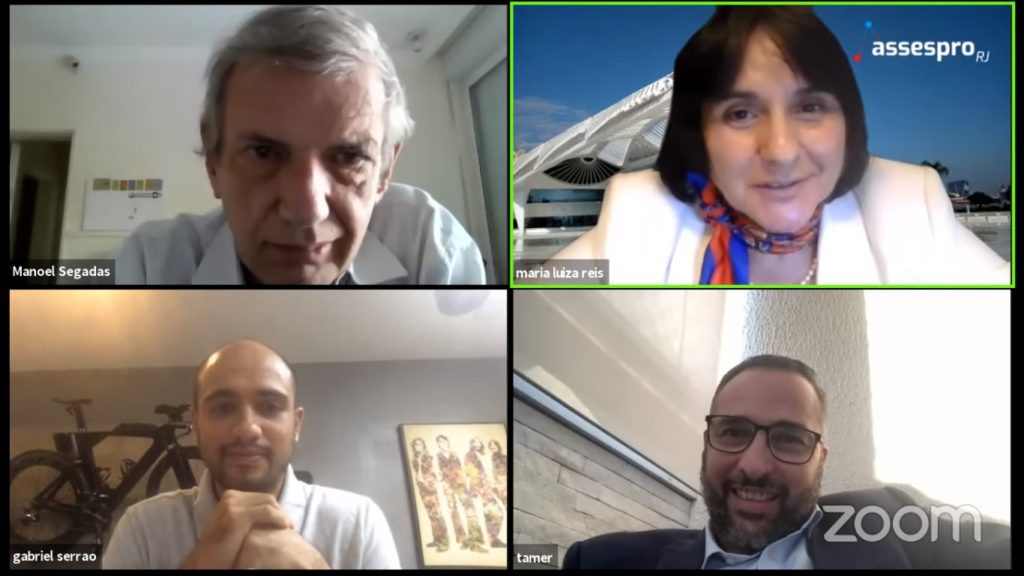São Paulo – Smart cities are a major focus of the Arab investment in technology. And Arab Brazilian Chamber of Commerce (ABCC) secretary-general Tamer Mansour believes these megaprojects are also an example of the Arab investment in sustainability. “Most people think only in Dubai, but we have several projects of smart cities aiming at creating more governance, mobility, better quality of life, as well as development and economic, sustainable diversification,” Mansour pointed out.
Mansour spoke during the “Digital Transformation and Sustainability” panel that took place on Thursday (27) at the PetroTIC seminar. The event covered the Information Technology and Communication industry, as well as the production sector of Oil, Gas & Energy. This year, discussions focused on the digital transformation in energy.
As major oil producers, Mansour said, the Arab nations have worked to become less and less dependant on the exploration of the fossil fuel. “The diversification of the economy begins to show signs through new energy sources. In Egypt, they are experienced in biomass. Some plants in the Gulf countries are also growing. In Dubai, there’re projects to process up to 60% of the organic waste generated there, which is enough to create power to supply 120,000 homes,” he said.
Another aspect is that technological changes, which have been fast-tracked by the crisis ushered in by COVID-19, made countries that had previously invested in innovations use this expertise. “In the pandemic, the smart cities took the lead with their artificial intelligence. In the region of Dubai, for example, they started tracking during the critical moment of the pandemic where crowds were to disperse them. And these were the cities that managed to post the fastest economic recoveries in the world. No wonder that the United Arab Emirates got to resume its economy in record time,” Mansour stressed.
As examples of smart cities in Arab soil, Mansour mentioned Neon City, Saudi Arabia, and Lusail City, Qatar. Other projects highlighted by the executive were in Arab nations in North Africa. “Morocco is constantly innovating in solar power, creating the world’s largest solar plant. Morocco and Tunisia, for example, aim to have up to 42% of their energy from renewable sources. As for Egypt’s new administrative capital city, it’s also 100% sustainable.”
The topic of digital transformation was futher discussed by Gabriel Serrão, Digital Transformation manager for E&P-Reservoir of Petrobras. The speaker pointed out that “digital transformation is not an end but a mean to overcome challenges.”
Serrão stressed the importance of using technology to avoid waste and make the energy use more efficient. Another action that the manager sees as necessary is using metrics to apply environmental, social and corporate governance (ESG). “We saw the creation of indicators to measure ESG. Millennials are getting increasingly concerned with that, and so are the big funds. In the oil industry, companies are organizing to do just so,” he said.
The panel was moderated by Assespro-RJ president and Lab245 CEO Maria Luiza Reis and closed the seminar. The talks also featured closing remarks by Manoel Segadas, CEO of CONINT and director of Assespro-RJ, the entity that held the seminar.
Translated by Guilherme Miranda




